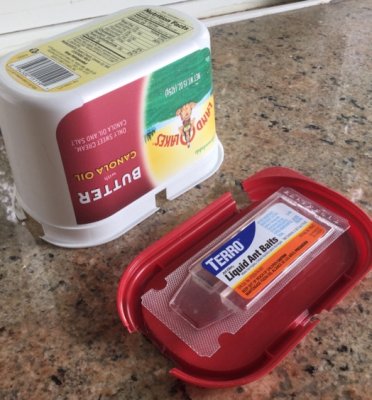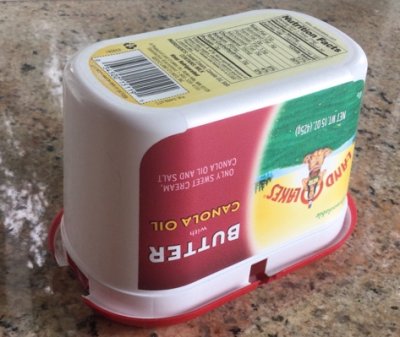Hi All!
I am having an ant problem and have been trying to naturally combat it in a way that is safe for my cat Luna.
Found a lot of info online but a lot of it is conflicting so was hoping someone might have some first hand experience with this.
We found a natural and according to the packaging "pet safe" pest killer called EcoSmart. I am confused because it uses peppermint and clove essential oils to kill the ants which I had always read are bad/poisonous to cats. Maybe its okay diluted in a cleaner but not diffused into the air she breathes? Obviously I will keep her away from the areas while I am spraying. Has anyone used this?
Also was considering using Dr. Bronner's Peppermint Floor cleaner (1/2 c soap diluted in 3 gal of water) as a preventative measure for the ants but won't if people think it could potentially hurt Luna.
Please share any cat friendly pest control advice you know! Thanks!!
I am having an ant problem and have been trying to naturally combat it in a way that is safe for my cat Luna.
Found a lot of info online but a lot of it is conflicting so was hoping someone might have some first hand experience with this.
We found a natural and according to the packaging "pet safe" pest killer called EcoSmart. I am confused because it uses peppermint and clove essential oils to kill the ants which I had always read are bad/poisonous to cats. Maybe its okay diluted in a cleaner but not diffused into the air she breathes? Obviously I will keep her away from the areas while I am spraying. Has anyone used this?
Also was considering using Dr. Bronner's Peppermint Floor cleaner (1/2 c soap diluted in 3 gal of water) as a preventative measure for the ants but won't if people think it could potentially hurt Luna.
Please share any cat friendly pest control advice you know! Thanks!!








